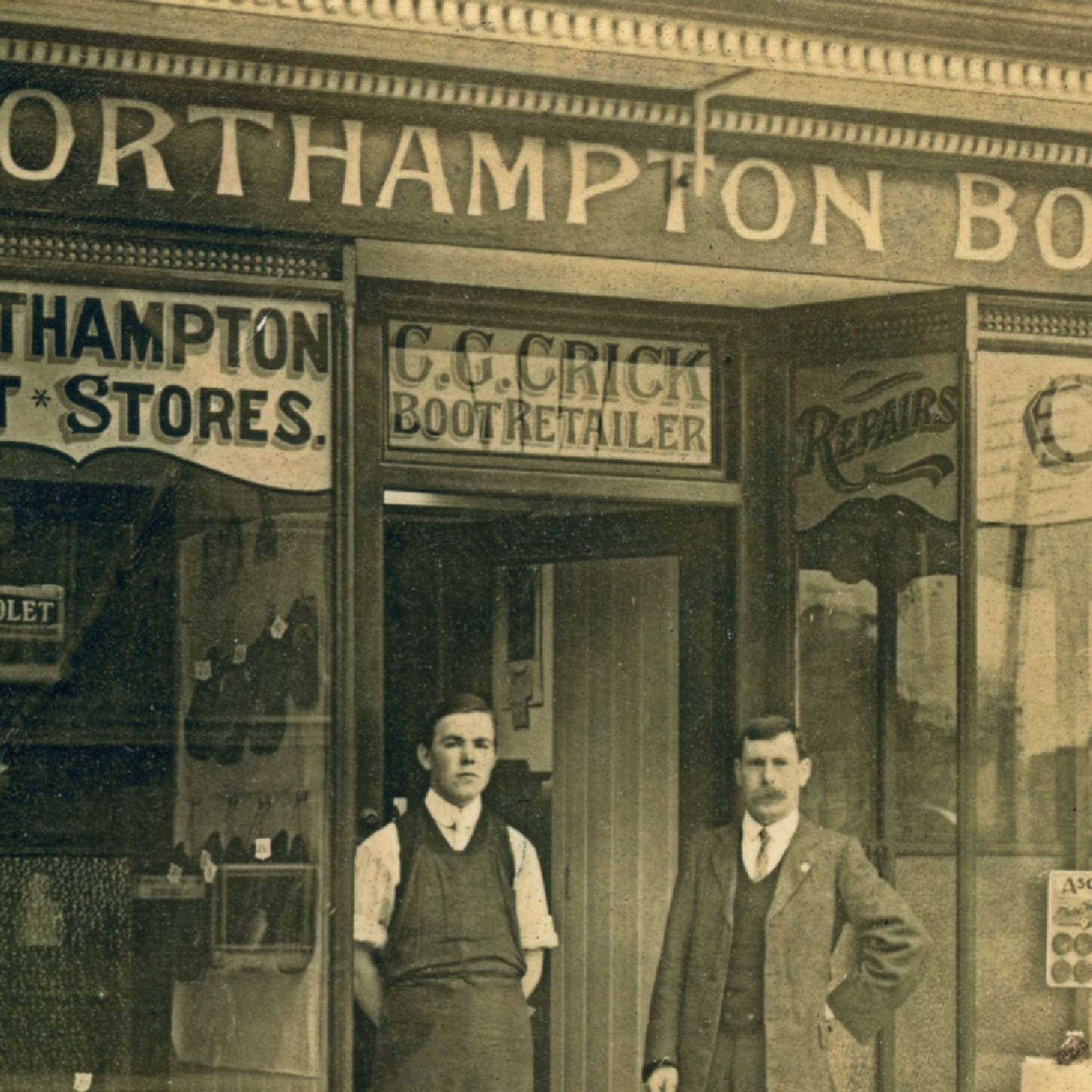
Joy Horn brings some anecdotes of 100 years ago
What was happening in Cranleigh in December 1915?
On five days each week, over 100 Cranleigh women gathered at the ‘Women’s War Work Depot’ to produce ‘all kinds of comfortable things’ for the soldiers at the Front and for wounded soldiers in hospital. These women met to sew and knit in the schoolroom of the Baptist chapel, under the supervision of Mrs E.L. Rowcliffe of Hall Place, with Lady Bonham of Knowle as president.
It was a branch of Queen Mary’s Needlework Guild. Parcels of garments were packed and sent to St James’s Palace, where we are told that they were unpacked and sorted by Queen Mary herself! The Cranleigh group must have been quite an operation. The equivalent group in Horsham has a small memorial in the Causeway, yet the Cranleigh group is virtually forgotten.
Over Christmas, at least seven soldiers were back in Cranleigh on leave. For some, it would be their last time with their families. More of the Church Lads’ Brigade at the parish church enlisted in the Army as they came of age, bringing the total from the Cranleigh corps to thirty-nine.
Meanwhile, after the disastrous failure of the Gallipoli campaign, the remnants of the Allied forces were being gradually evacuated from the peninsula. Among them was a Cranleigh man, Rennie Crick, son of the shoe-shop owner in Fountain Square, who was in the Royal Army Medical Corps. He and his comrades had been trying to cope, in appalling conditions, not only with the casualties of war but also with the many who caught dysentery.
Of nearly 50,000 men who died, more than half were victims of disease. Now, in December, in contrast to the blazing heat of the summer, there were blizzard conditions and food was in short supply. At last, Rennie was evacuated from Suvla Bay and taken to the island of Imbros – now in the news again as the landing-place of Syrian refugees. ‘The sailors gave us a good supper’, Rennie wrote thankfully
On Christmas Eve, the soldiers sang carols, and their Christmas Day consisted of going to a service and having some pudding. Turkish aeroplanes regularly came over and bombed them. On 26 December, Rennie’s first present arrived – from an aunt. Then on 29 December he had five letters from home and two presents, followed by a further nine letters and a registered parcel, which had taken since 10 November to come from Cranleigh.
The popular song of 1915 being sung around the village that Christmas reflected the new, sombre assessment of the war:
Keep the Home Fires burning
While your hearts are yearning,
Though your lads are far away
They dream of Home.
There’s a silver lining
Through the dark clouds shining,
Turn the dark clouds inside out
Till the Boys come Home.











